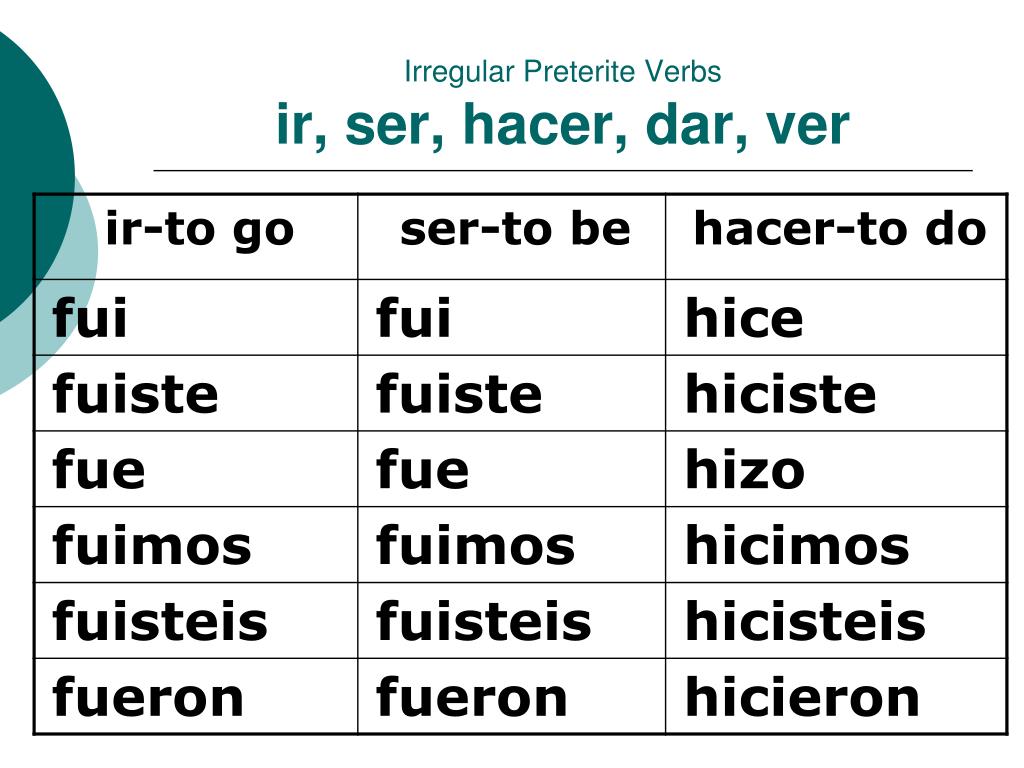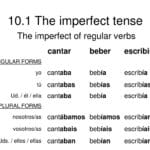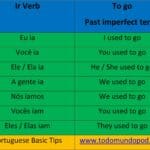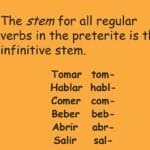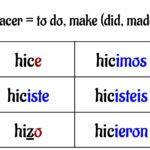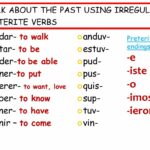This guide provides a complete walkthrough of the buscar preterite conjugation, helping you confidently narrate past events in Spanish. We’ll cover everything from the basic conjugation table to common mistakes and practical examples, making sure you’re well-equipped to use buscar in the past tense like a native speaker.
Understanding the Preterite Tense
Before we dive into buscar, let’s briefly review the preterite tense. In Spanish, the preterite describes completed actions in the past. Think of it as a snapshot of a finished moment. This contrasts with the imperfect tense, which describes ongoing or habitual past actions. You can delve into the intricacies of the past tense and unlock the secrets of how to conjugate escribir in the preterite. escribir preterite
“Buscar” in the Preterite: Conjugation and Examples
Buscar means “to look for,” “to search,” or “to seek.” Now, let’s explore its preterite conjugation:
Conjugation Table
| Pronoun | Conjugation | Translation |
|---|---|---|
| Yo | busqué | I looked for |
| Tú | buscaste | You looked for |
| Él/Ella/Usted | buscó | He/She/You looked for |
| Nosotros/as | buscamos | We looked for |
| Vosotros/as | buscasteis | You all looked for (Spain) |
| Ellos/as/Ustedes | buscaron | They/You all looked for |
The “Yo” Form: A Special Case
Notice the stem change in the yo form – from busc- to busq-. This change, while seemingly small, is crucial for correct conjugation. Linguists suggest this likely helps maintain the “k” sound, and similar changes occur in other verbs for phonetic reasons.
Pronunciation Guide
Here’s a basic pronunciation guide. Keep in mind regional variations may exist.
- busqué: boo-SKAY (The accent mark indicates the stressed syllable.)
- buscaste: boo-SKAH-steh
- buscó: boo-SKO
- buscamos: boo-SKAH-mos
- buscasteis: boo-skah-STAY-ees
- buscaron: boo-skah-ROHN
Online resources with audio examples can further refine your pronunciation.
Usage Examples
Let’s see buscar in action:
- Ayer busqué mis llaves por todas partes. (Yesterday I looked for my keys everywhere.)
- ¿Buscaste el libro en la biblioteca? (Did you look for the book in the library?)
- Ella buscó una solución al problema. (She looked for a solution to the problem.)
- Buscamos un buen restaurante para cenar. (We looked for a good restaurant for dinner.)
- Buscaron información sobre el viaje. (They looked for information about the trip.)
Common Mistakes and How to Avoid Them
One frequent error is forgetting the stem change in the yo form (incorrectly writing buscé instead of busqué). Regular practice and visualizing the change can help solidify the correct conjugation. Another common mistake is confusing the preterite with the imperfect. Remember, the preterite is for completed actions, while the imperfect describes ongoing or habitual actions in the past.
Preterite vs. Imperfect: A Quick Refresher
- Preterite: Busqué mi teléfono. (I looked for my phone. – A completed action.)
- Imperfect: Buscaba mi teléfono cada mañana. (I used to look for my phone every morning. – A habitual past action.)
Exercises and Quizzes
Test your understanding with these interactive exercises:
- Fill in the blank: Yo ______ mi pasaporte antes del viaje. (I looked for my passport before the trip.)
- Translate: We looked for a parking spot for an hour.
- Multiple choice: Which is the correct tú form of buscar in the preterite? a) buscaste b) buscas c) buscarás
Further Exploration
This guide provides a solid foundation. For deeper learning, explore online resources offering quizzes, flashcards, and further explanations of the preterite tense. Don’t hesitate to experiment with buscar in your own writing and conversations – practice is key to mastery!
- Unveiling Bernhard Caesar Einstein’s Scientific Achievements: A Legacy in Engineering - July 15, 2025
- Uncover who is Jerry McSorley: CEO, Family Man, Business Success Story - July 15, 2025
- Discover Bernhard Caesar Einstein’s Scientific Contributions: Unveiling a Legacy Beyond Einstein - July 15, 2025
